10 Myths About Towing Services, Debunked
You've probably heard a lot of questionable things said about truck towing services that make you hesitate about relying on them if your car ever stalls or gets trapped. But how accurate are some of those towing myths really? Get ready to find out as we debunk 10 common fallacies about truck towing to set the record straight once and for all.
Myth #1: All Tow Truck Drivers Are Untrustworthy
While it's true some unscrupulous tow truck drivers exploit stranded motorists, it's wrong to paint all towing operators with the same brush. As with any industry, truck towing has both ethical professionals and not-so-ethical ones. Instead of automatically assuming the worst about your tow truck driver, give them a fair chance first. Many families have run honest, dependable towing businesses for generations. Keep in mind that no legitimate towing company wants the liability risk and publicity nightmare of having crooked drivers on staff in the first place. That's why the most successful operations do extensive screening and training to ensure drivers interact courteously and compassionately with customers. Luckily at Bad Day Towing, your satisfaction is our number one priority
Myth #2: Towing Companies Will Try to Excessively Overcharge You
Again, while some unscrupulous operators do severely overcharge, quality professional truck towing services clearly explain pricing upfront and don't hit you with sneaky hidden fees upon arrival. Dishonest companies may strategically leave out certain charges when giving quotes over the phone to undercut competitors. Then they explosively ambush you with massively inflated costs the moment they hook up your car. To avoid this, only use towing services willing to provide comprehensive all-in pricing information before dispatching a truck. Legitimate businesses spell out all rates for services, mileage, storage fees, etc. If something seems fishy, don't hesitate to press them for more detail or take your business elsewhere. We are proud to offer competitive pricing.
Myth #3: Tow Truck Drivers Will Intentionally Damage Your Vehicle
Intentionally harming customer vehicles is extraordinarily rare among professional tow truck operators. Competent towing technicians are experts at properly securing cars without causing any damage during transport. After all, mishandling vehicles can quickly spiral into expensive lawsuits and other headaches that quality companies work vigorously to avoid. Yes, occasional minor surface scratches can happen during legitimate towing. But reputable operators will acknowledge responsibility for any damage their drivers inflict, no matter how small. And again, purposefully trashing or vandalizing cars makes zero logical or financial sense for towing businesses trying to retain customers.
Myth #4: You Have No Input on Where Your Vehicle Gets Towed
Contrary to popular belief, both law enforcement and civilian customers often do have at least some say regarding their car's tow destination after an accident or breakdown. While police can call certain rotation list tow trucks to immediately impound illegally parked vehicles, that's frequently not the case in other standard roadside assistance scenarios. For example, if your car breaks down on the interstate, many states allow you to voice a direct preference on which repair shop the tow truck takes it to. According to the U.S. Public Interest Research Group, Inc., as of 2022, only 37 states require towing companies to proactively notify vehicle owners that their car has been hauled away. That means drivers must stay vigilant about contacting the towing firm first to discover the vehicle drop-off location in over half of U.S. states.
Myth #5: Tow Truck Companies Will Hold Your Vehicle Hostage
Intentionally holding customer vehicles hostage while demanding inflated sums is not only unethical but illegal. Legitimate towing firms can temporarily maintain possession of cars until basic legally allowable towing and storage fees are paid. However, they cannot force you to cover grossly unreasonable ransom payments before reclaiming your property. Make no mistake; this type of predatory behavior does happen more often than it should in the towing industry. But it also comes with severe consequences, like revoked business licenses if caught. No towing operator can legally imprison your car forever if you don't have the cash to meet their every self-serving financial demand.
Myth #6: Towing Larger Vehicles Is Far More Expensive
Heavier full-size trucks, vans, and SUVs generally don't cost considerably more to tow than regular passenger sedans or compact cars. The vast majority of professional towing companies calculate job pricing primarily based on rounding up to the next loaded mileage tier, not strictly vehicle weight. So, while that bulky Cadillac Escalade may weigh twice as much as a Honda Civic, the towing bill itself rarely doubles accordingly. Most extra charges beyond mileage stem from additional services like winching, cleanup costs, or damage repairs — not simply heavier vehicle loads.
Myth #7: You Must Stay With Your Vehicle Until the Tow Truck Arrives
Contrary to commonly-held assumptions, most professional towing firms don't force distressed drivers to stand guard beside their broken-down cars until help arrives. As long as the vehicle isn't actively posing a safety hazard by blocking traffic lanes, you can usually wait more comfortably elsewhere nearby. Of course, that also assumes you've accurately described the vehicle's location so the tow truck driver can quickly pinpoint it. Remaining within reasonable cell phone range allows the dispatcher or driver to call you with questions if necessary. Short of very unusual circumstances, sticking right by your car in the weather simply isn't essential.
Myth #8: Towing Companies Won't Service Remote Country Areas
Even in very rural regions far from big cities, you can typically find professional towing companies willing to rescue stranded motorists. The catch? Be prepared for significantly extended response wait times compared to urban zones. Tow truck availability shrinks considerably in the sparsely-populated countryside for obvious logistical reasons. However, reputable rural towing firms still understand the importance of reliability. If they genuinely cannot reach a call location, they will disclose that transparently so drivers aren't left hanging on endless hold. Also, anticipate paying escalated fees for super long-distance tows from isolated areas. The nearest qualified tow truck could be an hour away or more round-trip. That's precious time and fuel the company must offset somehow. But at least the option exists, even if pricier.
Myth #9: You Must Have a Valid Driver's License to Request Towing
This common assumption turns out not to be entirely accurate either. In many regions, anyone can legally call for roadside assistance or towing services regardless of license status. Why? Because tow companies frankly care more about registered vehicle ownership authorization than your individual driving privileges. In their eyes, even unlicensed owners or family members have a reasonable right to micro-manage their property. Now granted, sanctioned tow truck drivers won't knowingly allow unlicensed individuals to operate vehicles on public roads after claiming them.
Myth #10: Tow Truck Companies Keep Copies of Your Keys
Any law-abiding towing company will not keep copies of your keys. This is something that is seen in the movies but not in real life. Any company found engaging in this practice risks losing its license permanently. Legitimate towing professionals make returning keys a top priority once initial towing/storage fees are resolved. Even holding keys solely to coerce additional unnecessary payments from owners constitutes theft in some jurisdictions. For their own protection, though, most drivers prudently make spare keys anyway long before requiring any tow.
No industry walks on water; not even towing. Loose ethics and outright illegal practices do persist among some tow truck drivers despite extensive regulation. But allowing a few bad apples to spoil the perception of an entire sector seems equally unfair. If you need car or truck towing services that you can rely on, we are here to help. Call us now at Bad Day Towing to learn more.

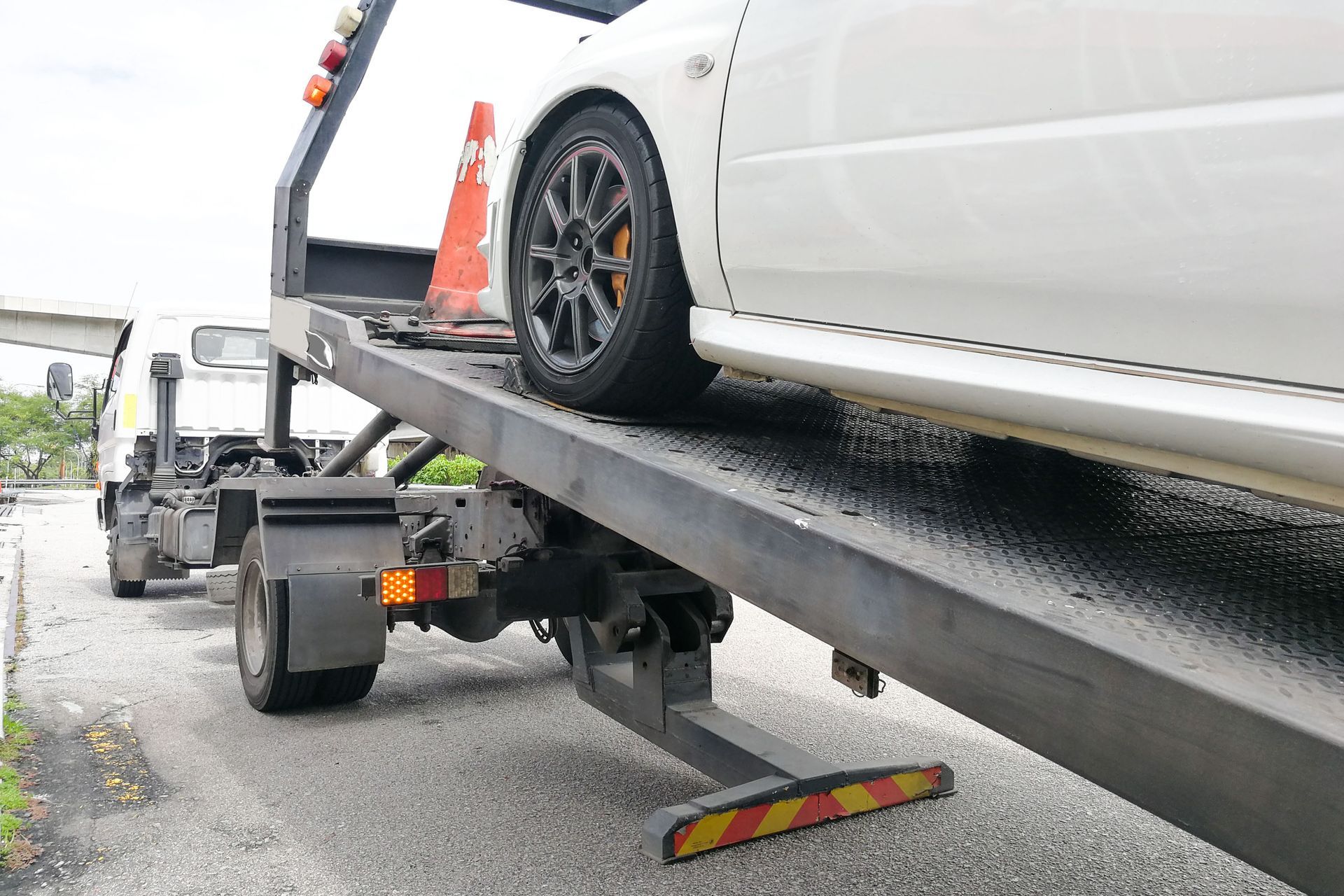

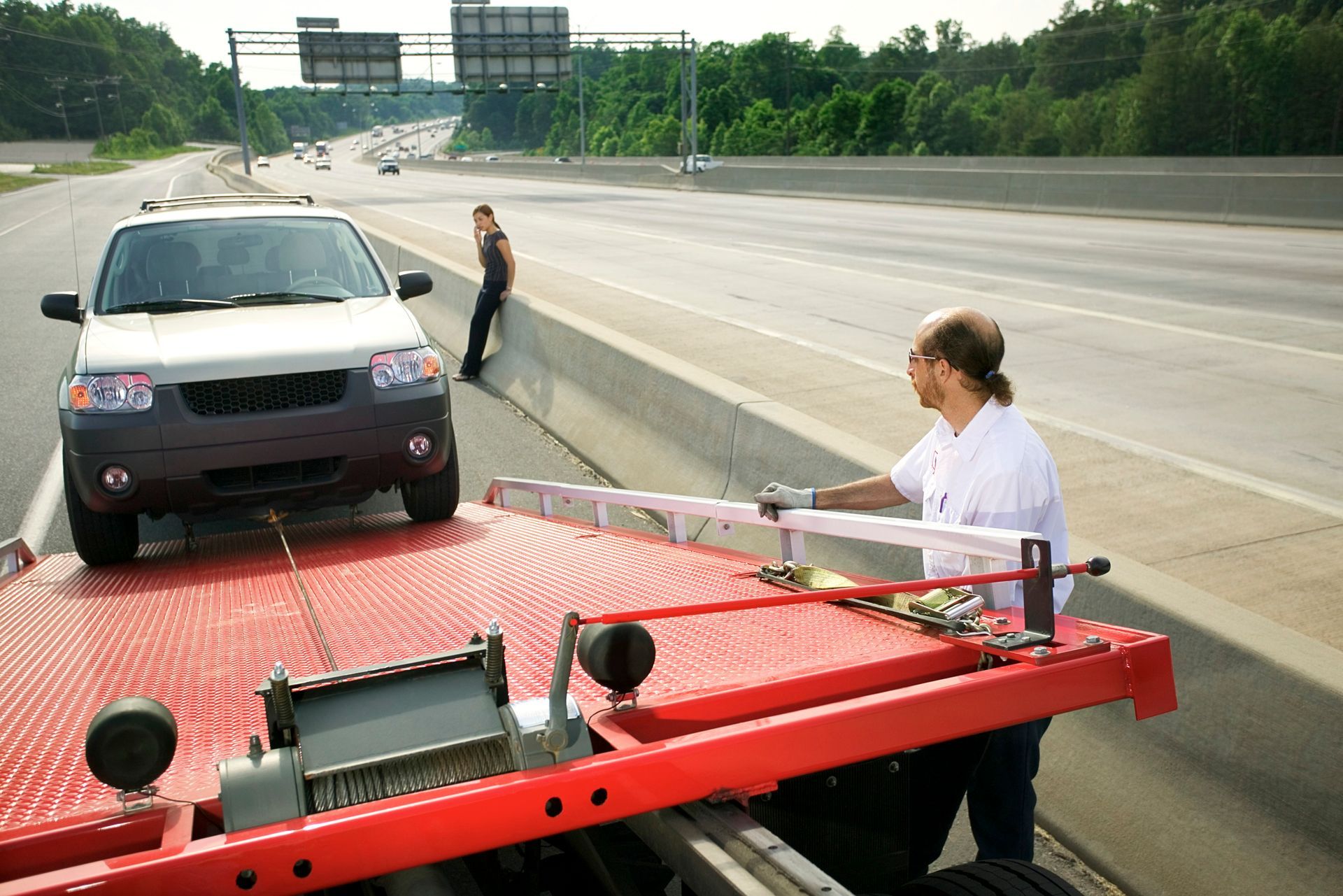
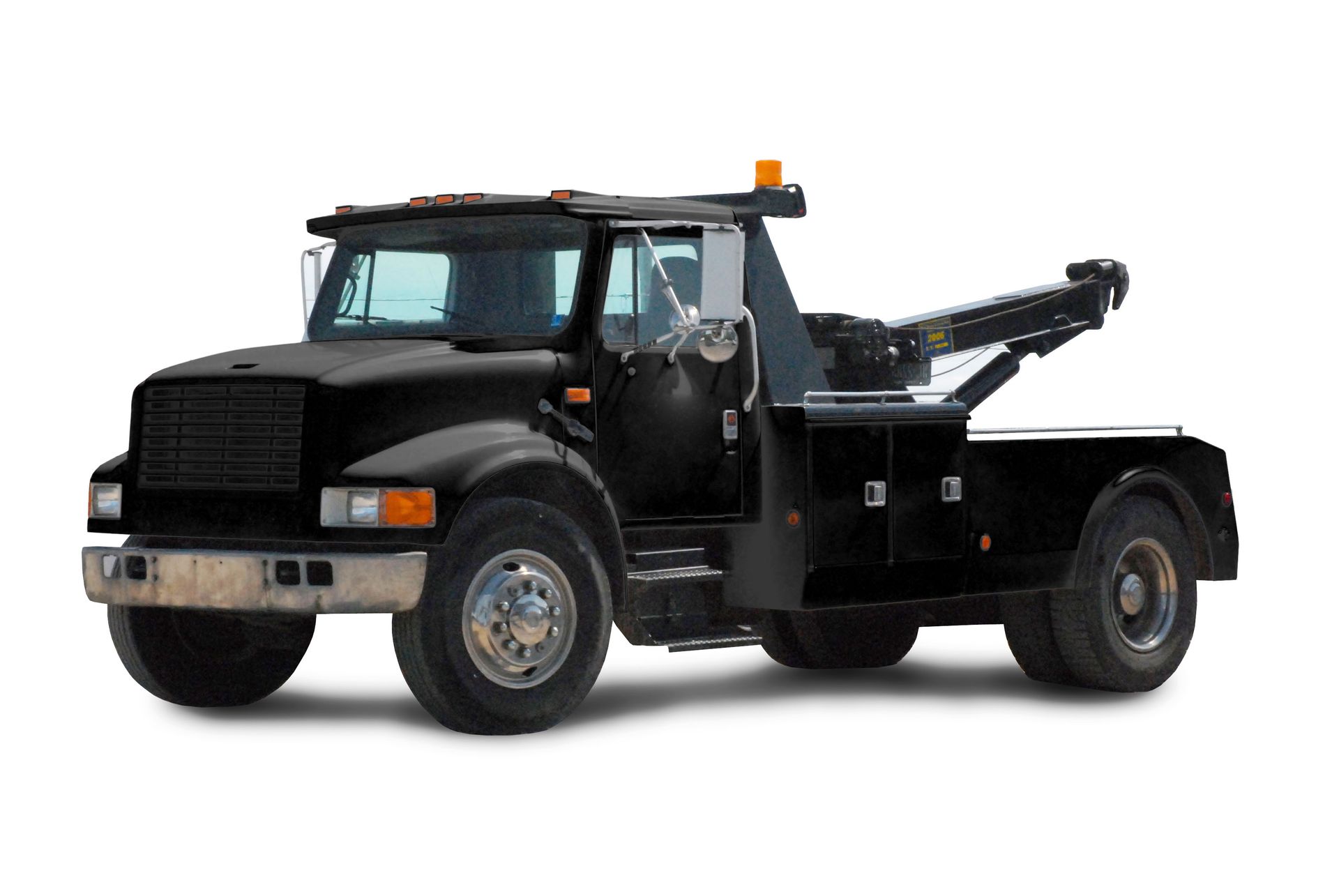
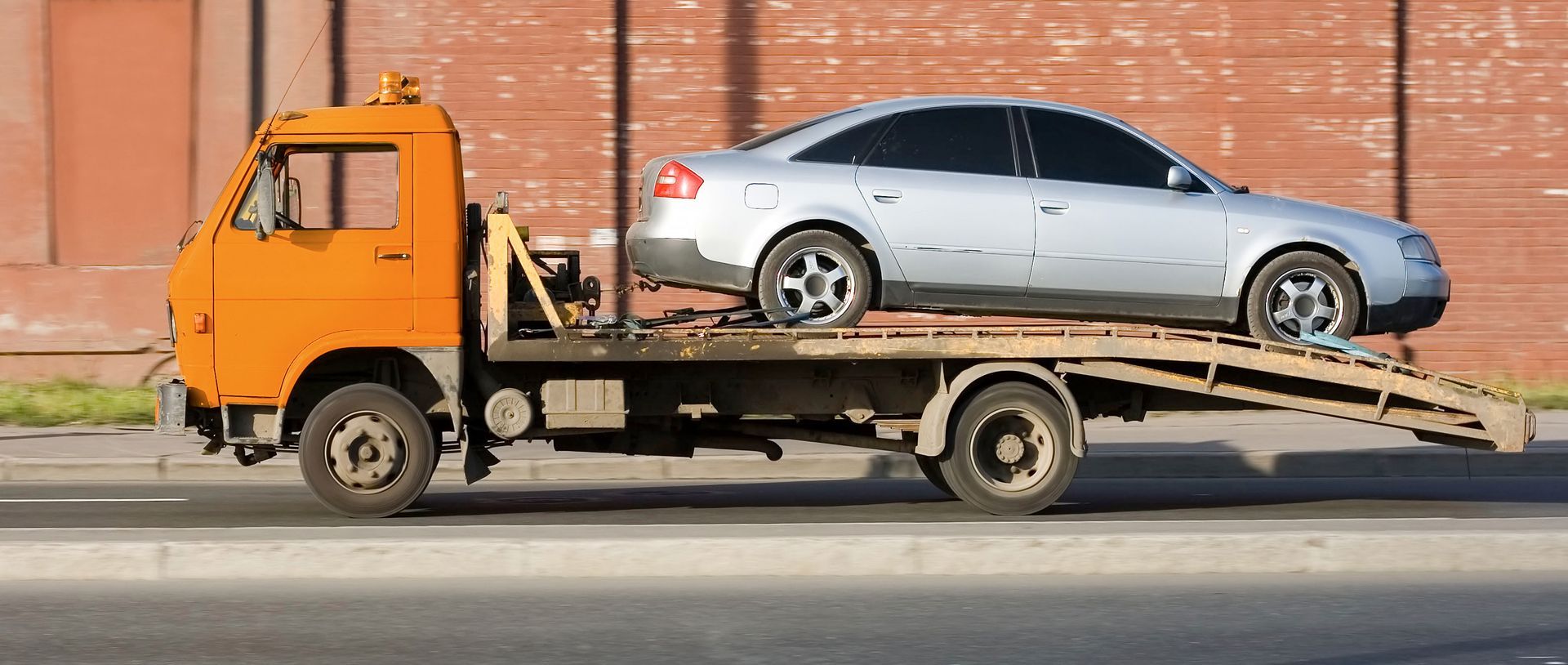
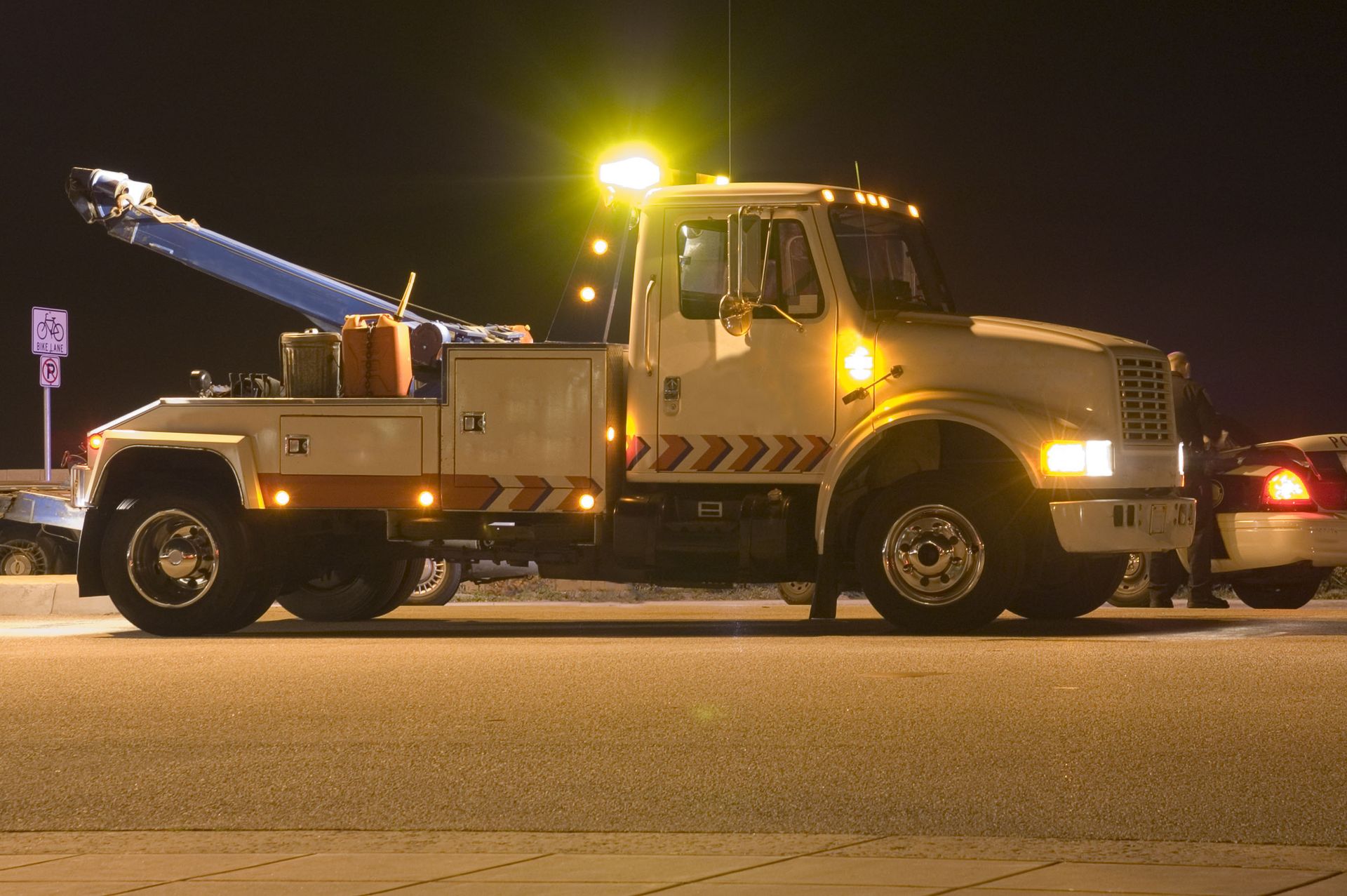
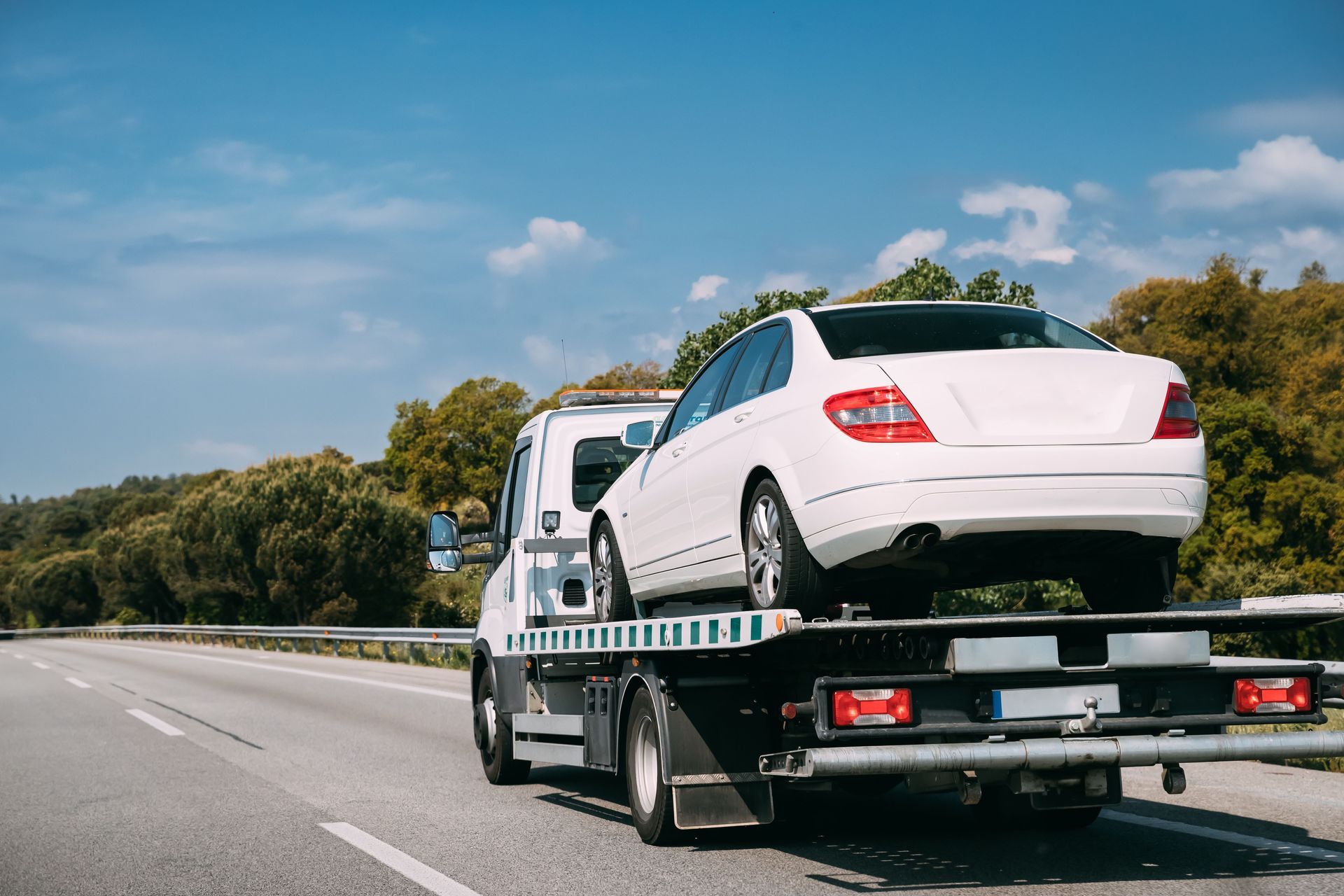
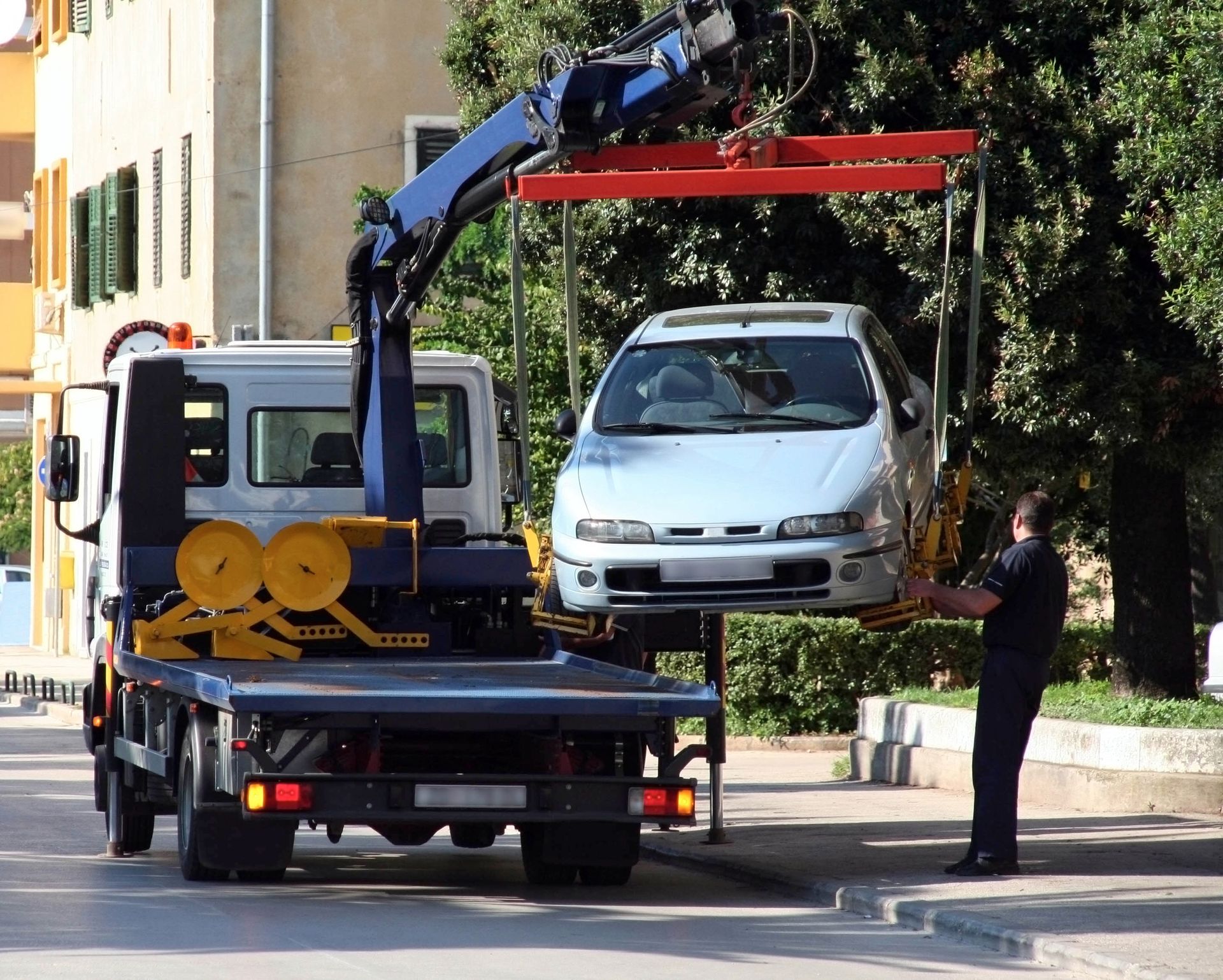
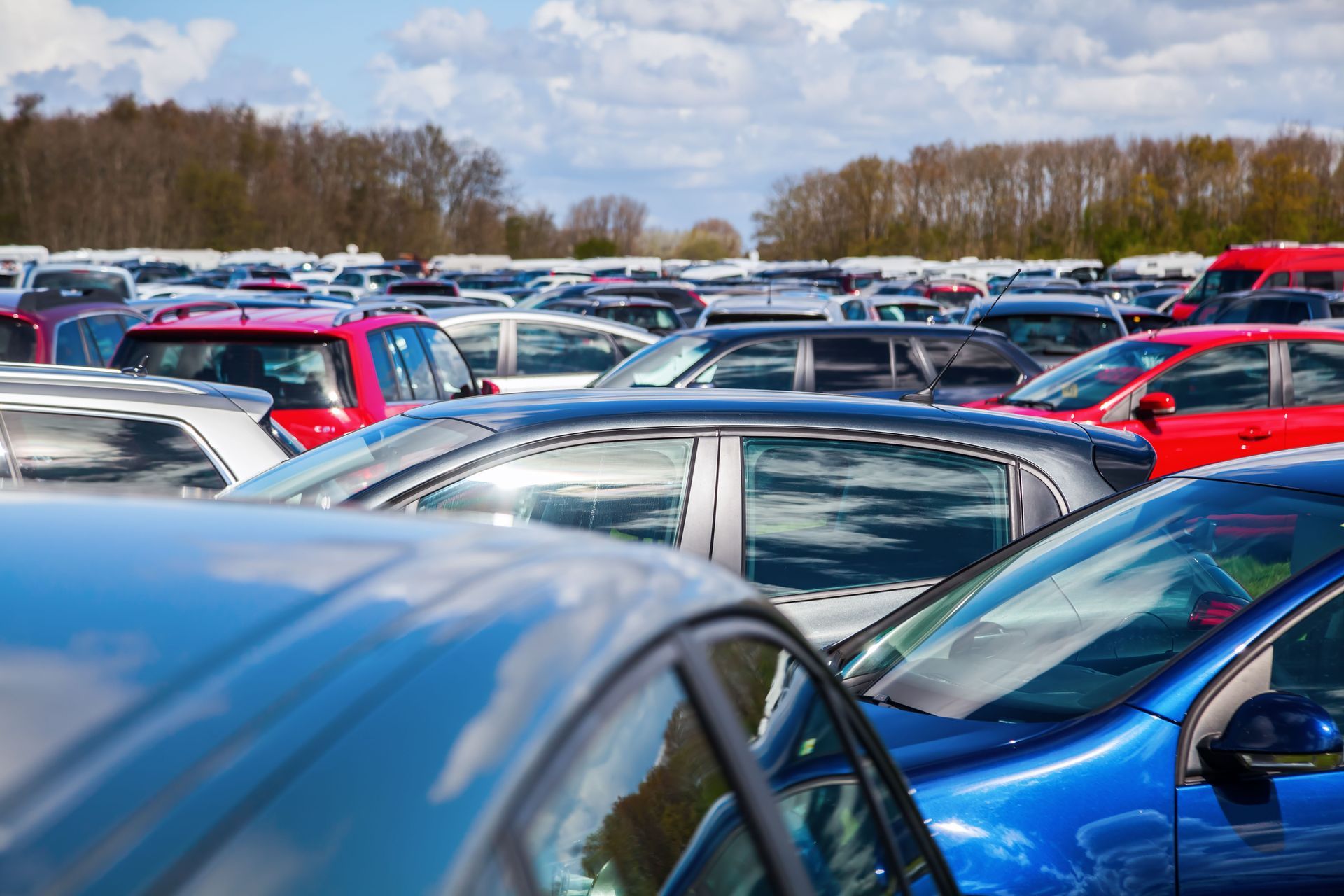
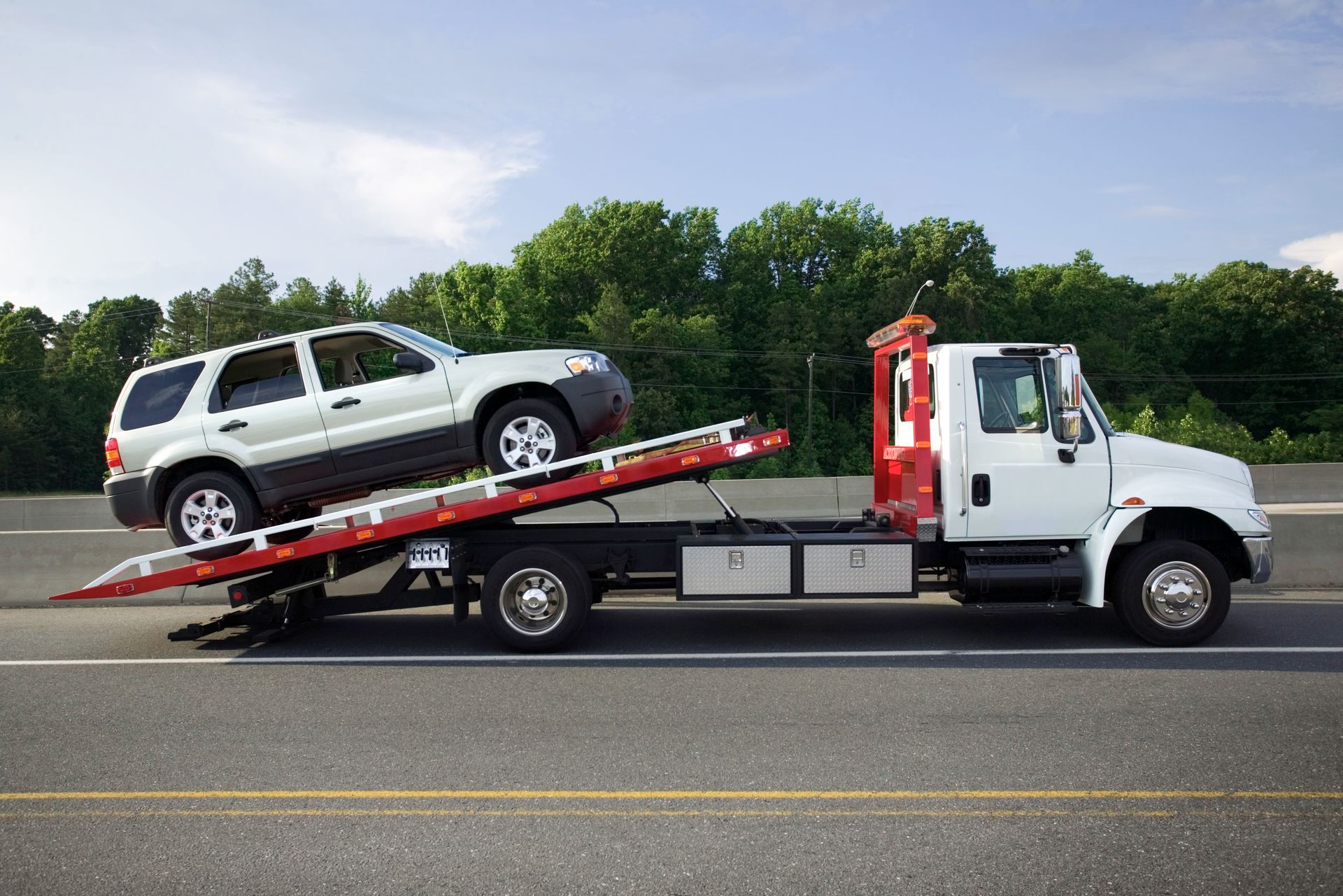
Share On: